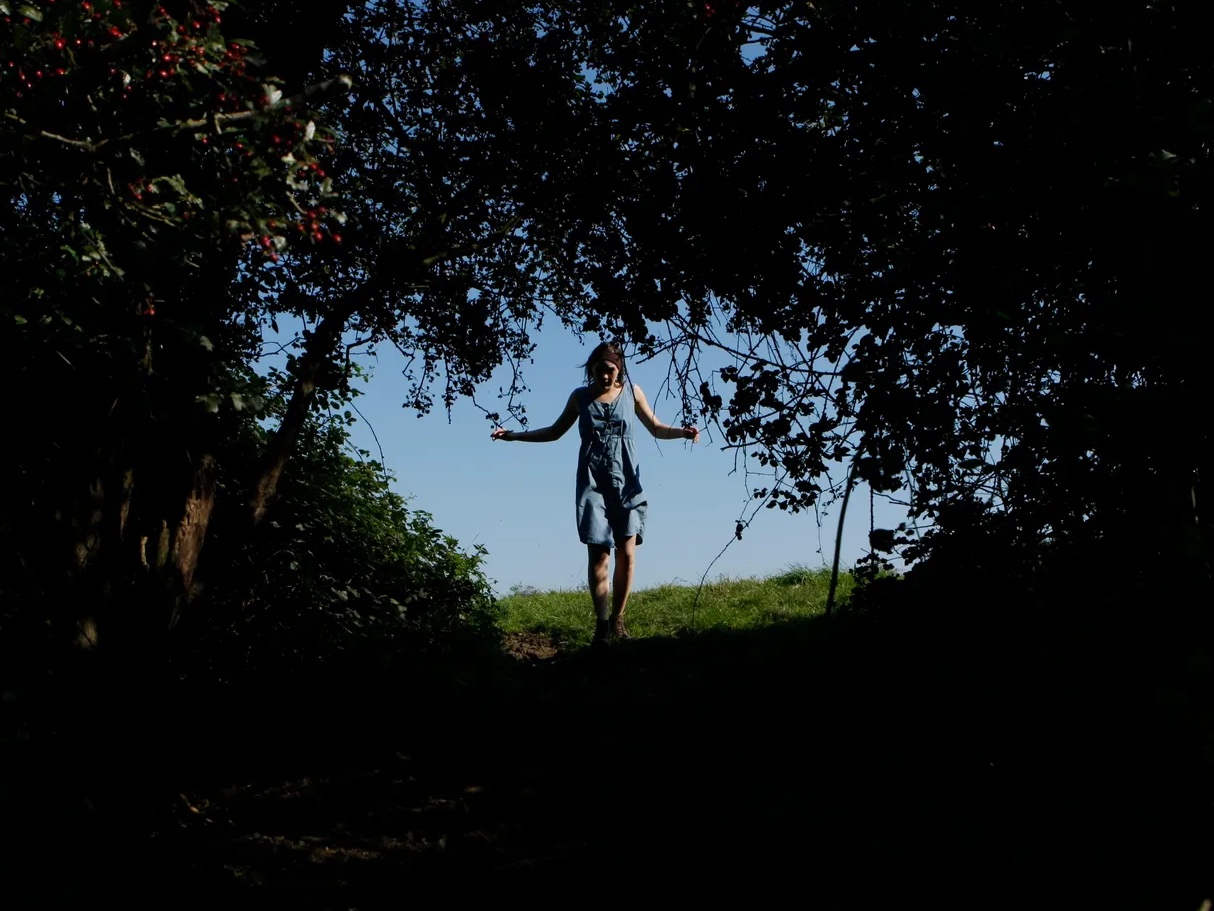
A young woman is sent away from a convent as a novice because of her too excessive devotion to Jesus and too ascetic attitude. In her mystical search for spiritual solace, she eventually turns to Islam.
EN
“On a stylistic level, Dumont and Hadewijch can be termed ‘soulmates’ in the light of their attempts to articulate the inexpressible. Dumont’s unrelenting quest for approaching the inexpressible makes mysticism a guiding principle for his vision of cinema. It should be noted, however, that a director uses his medium differently from a writer and it is this difference that constitutes the leeway between poetic mysticism and a transcendental film style. Hadewijch injects her texts with abundant means – lyrical expressions full of passion, resulting into an ineffable union – to counter the sparseness of literature. Conversely, Dumont injects his cinema with sparse means – coldly framed images to withhold psychologically motivated expressions of emotions – as an antidote to cinema as an abundant means.”
Peter Verstraten1
“These days I am very interested in mysticism because it goes way beyond philosophy. Mysticism takes us to areas that are beyond questions of reason, beyond speech, and beyond our comprehension of the world. It takes us to an area that is very close to cinema, and I think that cinema is capable of exploring that area and expressing it. That’s why, necessarily, I am attracted to mysticism. At the same time, it’s a complex area. I’m not myself religious – I’m not a believer – but, I do believe in grace and the holy and the sacred. I’m interested in them as human values. I place The Bible alongside Shakespeare, for example; not as a religious work, but as a work of art. The Bible has the definite values of a work of art.”
Bruno Dumont2
- 1Peter Verstraten, “Mesmerized by Mysticism: The Transcendental Style of Bruno Dumont’s Hadewijch,” Journal of Dutch Literature 2, no. 2 (2011): 27-45.
- 2Michael Guillen, "Raven in the Rain: A Conversation with Bruno Dumont," Mubi Notebook, September 2009.

